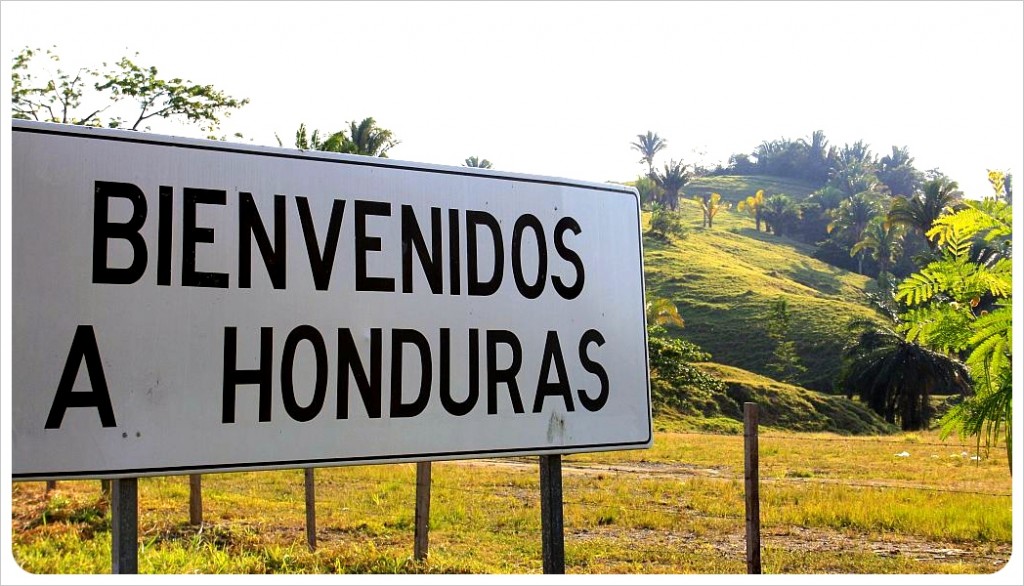By: Pam Johnson
The Drug Enforcement Agency is a subsidiary of the United States Department of Justice. Their job is to combat drug smuggling and illicit drug consumption within the United States and, increasingly, within countries that cater to the United States’ penchant for drugs. The Drug Enforcement Agency gets the lion’s share of its power from the Controlled Substances Act of 1970, mandated and passed under Republican President Richard Nixon.
Having said that, because drug smuggling can frequently entail jurisdiction beyond national borders, the Federal Bureau of Investigation and the Immigration and Customs Enforcement sector of the United States government are needed whenever illicit drug smuggling needs to be investigated between borders.
Controlled Substances Act
The Controlled Substances Act was unleashed in 1970 and it seeks to arrest the manufacturing, importation, consumption and possession of illicit drugs as outlined by the Controlled Substances Act. The Controlled Substances Act tasks the Drug Enforcement Agency and the Department of Health and Human Services with chaperoning domestic drug manufacturing and usage. The Department of Health and Human Services, along with the Food and Drug Administration and National Institute of Drug Abuse, then work in tandem with the Drug Enforcement Agency to align statistics with pragmatic policy aimed at curbing drug abuse domestically and internationally.
Central and South America
The Drug Enforcement Agency, the Federal Bureau of Investigation, and the Immigration and Customs Enforcement sector seek to halt illicit drug trafficking between and from South American and Central American Countries. Columbia, although seemingly specializing in the export of gold, oil, coffee & coal, has actually made significant inroads as the world’s foremost exporter of cocaine. Cocaine is a stimulant drug categorized as the second most heinous drug under the Controlled Substances Act. For this reason, the Drug Enforcement Agency and other collaborating United States’ organizations have been merciless in suffocating South America’s dealings in illicit drugs over the last half century.
Honduras: Same Ol’ Story
Honduras is a relatively small republic in Central America that notably exports coffee, sugar, tropical fruit, textiles, and minerals. Having said that, one of Honduras’ dirty little secrets is the mass export of cocaine via the Nicaraguan Contras (guerrilla militaries or gangs arising out of the dissolution of Central American governments and social structures). Because the United States’ Drug Enforcement Agency and Federal Bureau of Investigation largely ceased their involvement in Honduras during the Honduras coup d’état in 2009, the cocaine trade in Honduras has only doubled in effort and intensity.
Historical Summation
As early as 1978, the Medellin Cartel has been linked with smuggling cocaine through Honduras and that trend continues into the present day, although now with different gangs and contras. In fact, many Honduran journalists who attempt to accurately report the cocaine epidemic are mercilessly assassinated – for instance, journalist David Meza has received many death threats, and other journalists have been slaughtered for speaking out. Honduras’ future is increasingly in peril vis a vis the DEA pull out. So, if you’re interested in traveling to Honduras, make sure you do your research on all of the recent events, and be sure to get some all-inclusive travel insurance in case anything goes wrong!
Author Pam Johnson is a rehabilitation counselor who likes to study political issues relation to illegal substances. She obtained one of many Rehab Counseling Degrees Online.
For more information visit the National Council on Seniors Drug & Alcohol Rehab.


It’s about time America quit trying to be the moral watch dog. There was nothing moral about bankrupting the Central American countries that chose a more socialized form of government than capitalism. There is nothing moral about the war on drugs that so anxiously wishes to cure US citizens of their addictions by “helping” foreign governments with military troops. Do you honestly believe removing the supply will cure the addiction? Hell no. Look at the epidemic in meth-amphetamine use. Instead of trying to cure the symptoms, you need to focus on the problems. The problem in Central America is poverty. Find a solution for that, and you’ll find less traffickers.
The problems underlying rampant drug use in the US are many and they will not be easily resolved; not through laws, not through forceful means. not through pretending it’s all going to be alright.
I appreciate your cautionary tale, but truthfully, anyone traveling in a foreign country; especially a poverty stricken one; always needs to take a few precautions. Stuff the arrogance and entitled airs into the nearest trash can. Learn the language of the country you’re visiting. Get over the idea that you’re the expert and they are the ignorant, unwashed masses. If you treat people with respect, they will usually respect you in kind. Don’t scare people with the bogeyman of drug traffickers. Sure they exist. Sure incidents can happen anywhere, but Honduras’ future is not in peril because of the DEA pull out. Honduras will take care of its own problems, and we will be better received by Honduras society if we can refrain from meddling.